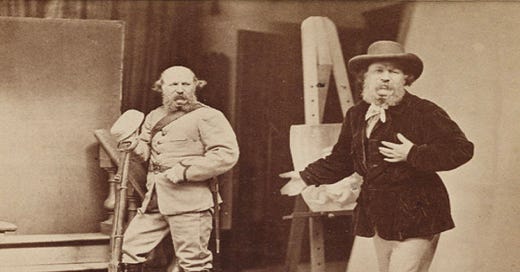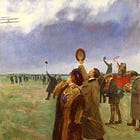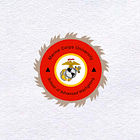The profession of arms is a young man's game. Thus, at a stage of life where many people are still in the journeyman stage of their vocations, most military folk have begun to contemplate their second careers, almost all of which will require them to put one foot (at least) in the civilian world.
The effect of such anticipation upon the education of military professionals is not a happy one. The point at which "second-career contemplation" moves from the domain of pipe dreams to that of concrete plans occurs when leaders find themselves moving out of the well-structured world of the battalion-sized unit and into the chaotic realm of formations and frenemies. Thus, at the very time when an officer or senior non-commissioned officer should be making the transition from "craftsman" to "artist," he finds himself distracted by the need to acquire expertise of a very different sort.
One solution would structure benefits in a way that gives each recent retiree a paid sabbatical, a period of time that would allow him to make the transition from military service to civilian work in a relatively leisurely way. (The armies of the German Empire did this for career non-commissioned officers preparing for second-careers in various forms of civil service.) Such a program would make it easier for older military professionals to postpone their professional metamorphoses until after they actually retire, thereby permitting them to focus on their military studies until the very moment they hang up their uniforms.
Another response would promote the study of the arts of war in ways that also foster the development of skills that are also valued in the civilian world. These include such things as critical thinking, communications skills, adaptability, empathy, capacity for innovation, general knowledge about the world, and an understanding of the practical implications of culture. In other words, we can help military people prepare for life on the other side of retirement by teaching military subjects by means of decision-forcing cases.
Marvelous to say, while fostering a large number of virtues that are valued in the civilian workplace, the case method helps also students cultivate virtues of a more martial sort. These include a bias for action, tolerance for ambiguity, and the ability to adapt to changing circumstances in a very short period of time. In short, teaching military subjects by means of decision-forcing cases allows the civilians of the future to "have their cake and eat it, too."
For Further Reading:
To Share, Subscribe, or Support:









